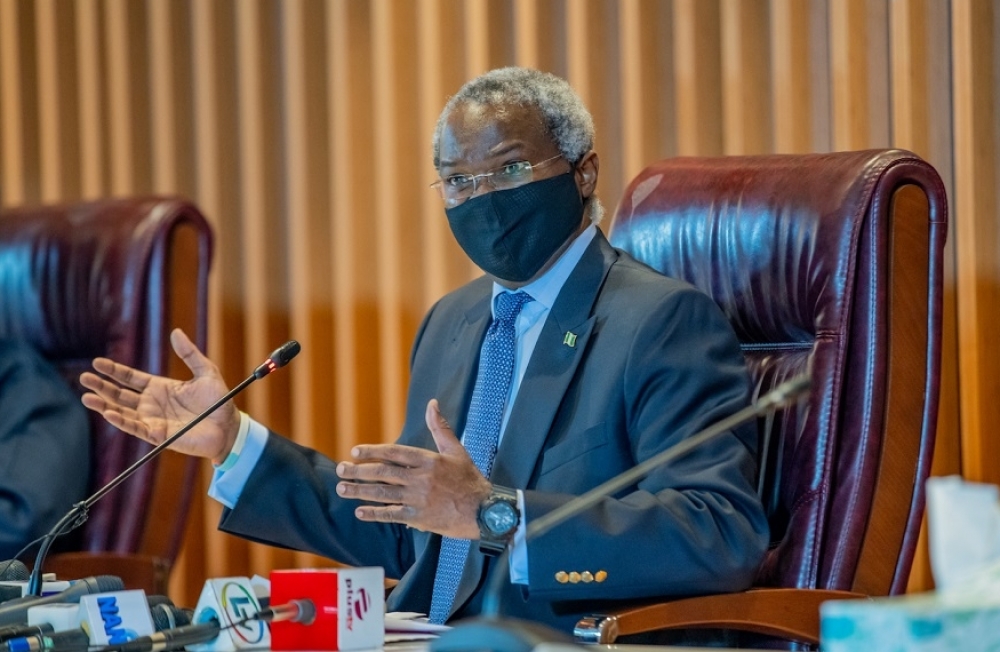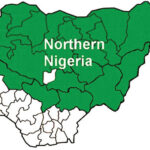In spite of the current Minister of Works and Housing, Mr Babatunde Fashola, heading the power sector for about 42 months previously, issues of poor electricity supply and other hurdles persisted, Daily Trust recalls.
Fashola, a lawyer was appointed as minister to oversee the Power ministry that became merged with the Works and Housing ministries in 2015. He had claimed that those managing the power sector before him were ‘amateurs’ and publicly emphasized his capacity to handle the sector.
- INEC fixes Feb 2023 for presidential poll, wants electoral bill passed
- Transcorp Hilton launches co-working spaces
As issues in the sector persisted, Fashola was removed from power ministry when President Muhammadu Buhari was re-elected in 2019 to retain the Works and Housing ministry, while the unmerged Ministry of Power was given to Sale Mamman, an engineer.
A video posted on April 24, 2021 by Reno Omokri, a former Special Assistant to former President Goodluck Jonathan on YouTube, recalled Fashola’s utterances before he completed his tenure as governor of Lagos in 2015. The video had 3,030 views as of Wednesday.
Fashola stated this at the 7th Annual Bola Tinubu Colloquium on March 25, 2015, just a few days to the 2015 general elections with President Muhammadu Buhari as the flag bearer of the All Progressives Congress (APC).
In a lecture, the then governor said: “Power generation is not rocket science, it is just a generator. So just remember and imagine that your ‘I better pass my neighbour’ in one million times its capacity but in one place. So if you can make that size of one kilowatt, you can make a power turbine of one thousand megawatts…
“So with all the billions of dollars that have been spent, the story is that we still live in darkness. Our government lies about it but it is not because power is impossible. But to tell you very confidently that we do not have power because power is difficult to generate, we have darkness because we have incompetent people managing our economy. As one of my friends fondly calls them, our economy is being managed by amateurs,” said a confident Fashola. Incidentally, he was appointed minister by President Buhari and assumed office at the earlier Federal Ministry of Power at 3:15pm on November 11, 2015 and he immediately rolled out his action plan of ‘Incremental, Steady and Stable Power’.
Twenty eight days after his assumption of duty, he held his first press briefing, precisely on December 8, 2015. Fashola decried poor Capital to Recurrent ratio of the budget for the three merged ministries – Power, Works and Housing, which he would later said was a conception he was linked with.
He also unveiled plans to strengthen the Transmission Company of Nigeria (TCN) – public firm; ensure that Generation Companies (GenCos) and Distribution Companies (DisCos) are held to account for further investments.
The Tariff increase was done in February 2016 by the Nigerian Electricity Regulatory Commission (NERC), becoming his toughest hurdle; he supervised NERC, the sector regulator with no board for over one year; TCN has no board all through power minister days too.
NERC failed to review tariffs since seven times causing over N1 trillion market shortfalls after the oen of 2016 caused outrage.
Power generation was over 4,500MW when Fashola assumed office, by May 2019, the peak generation slightly rose to 5,375MW but the basic fluctuation, system collapses, outages and rationing continued.
Generation capacity rose from 6,000MW to 7,500MW; transmission capacity rose from 5,500MW in 2015 to 8,100MW in 2018; distribution rose from 4,500MW to 5,375MW in 2019, the statistics indicated.
When contacted for comments on the minister’s performance while he held brief as power minister, the Special Adviser to the minister, Hakeem Bello, told our reporter to put the question in writing.
“If Daily Trust wants to do a story like that, let Daily Trust write so that we can know the focus of the story because I don’t know this one that you are citing to me something that is not related.”

 Join Daily Trust WhatsApp Community For Quick Access To News and Happenings Around You.
Join Daily Trust WhatsApp Community For Quick Access To News and Happenings Around You.


